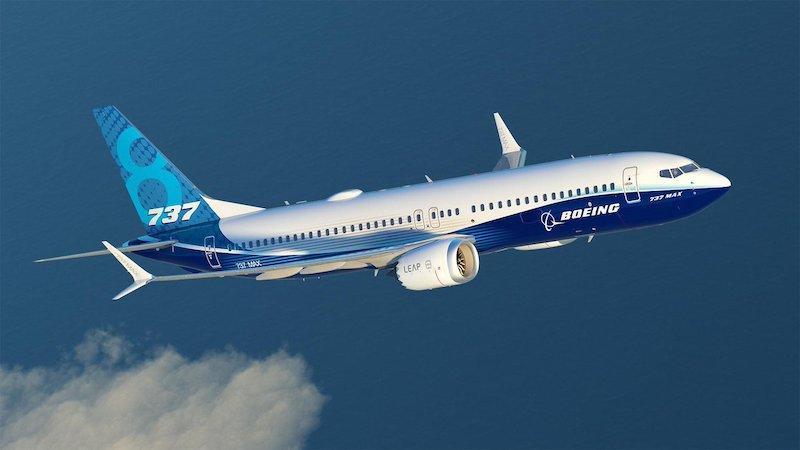
Transport Canada (TC) plans to finally lift a NOTAM banning Boeing 737 MAX services in the country on Jan. 20 following the publication of an Airworthiness Directive Jan. 18 detailing the conditions under which the aircraft is allowed back into Canadian revenue operations.
The Canadian regulator’s requirements go beyond those defined by the U.S. FAA and Brazil’s National Civil Aviation Agency (ANAC). Those two regulators had allowed the MAX back in late 2020 and their conditions are similar but not identical to those expected to be published by EASA in the coming days. In its directive and in an interim order issued to operators, Transport Canada mandates changes in software, hardware, displays, crew alerts, procedures and pilot training.
The 737-8 and -9 were banned from operating in Canadian airspace on March 13, 2019, following two 737-8 accidents within less than five months involving aircraft operated by Lion Air and Ethiopian Airlines in which 346 people were killed. Both accidents were linked to the Maneuvering Characteristics Augmentation System (MCAS) flight control law meant to protect the aircraft in high angle-of-attack scenarios. Triggered by faulty sensor data, MCAS made repeated, forceful nose-down inputs which the pilots of both aircraft were unable to recover leading to loss of control.
In addition to the MCAS software updates designed by Boeing, Transport Canada is making several other measures mandatory. The directive requires implementation of the Boeing Special Attention SB 737-31-1860 which makes the AOA DISAGREE alert a standard function. The alert was also missing from the HGS6000 head-up display (HUD). Revised software for the HUD that includes display of that alert will be implemented in 2021, according to the Canadian regulator.
As an interim measure, an operating procedure is added to the Transport Canada AFM Appendix informing pilots that the alert is not available on the HUD during an unreliable airspeed event and that they should use all other sources to determine airspeed.
Wire routing for the horizontal stabilizer trim system to improve physical separation of the wiring has to be modified.
Importantly, Transport Canada mandates a provision for the crew to be allowed to disable the stick shaker if it is identified as a nuisance alert. “During dedicated simulator testing, Transport Canada test pilots found that, following the activation of the stick shaker, the constant noise and vibration was a significant impediment to the safe operation of the aeroplane for the remainder of the flight,” TC wrote in its directive. “The disabling of the stick shaker also improves the crew’s recognition of the stall warning and disables an incorrect activation of the elevator feel shift.” To make turning the stick shaker off easier, TC mandates the addition of colored caps on the relevant circuit breakers.
Airworthiness authorities are split as far as how to deal with the stick shaker issue. EASA is expected to mandate the same requirements as TC, but the FAA and ANAC have taken different views. The FAA’s operations experts within Flight Standards backed the disabling idea, but their counterparts in Aircraft Certification opposed it, citing the potential of creating more risk by diverting attention from the instruments or flight path, or possibly pulling the wrong breaker. Certification’s argument won, helped in part by backing from FAA Administrator Steve Dickson—a former line pilot with 737 experience.
Dickson based his viewpoint in part on his observations when he went through a now-required simulator procedure that puts MAX pilots through an AOA failure that “demonstrates flight deck effects (i.e., aural, visual, and tactile) associated with the failure,” according to new MAX training guidance. Among the aural effects is the affected stick-shaker’s constant rattling.


